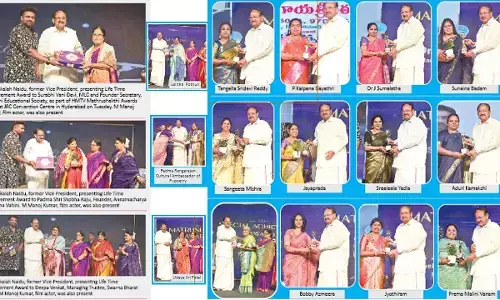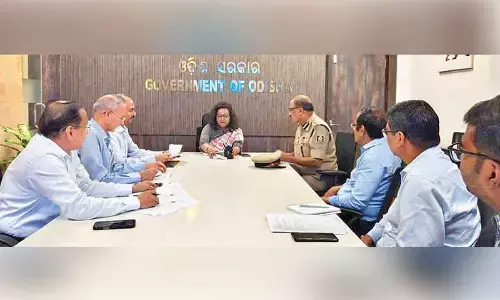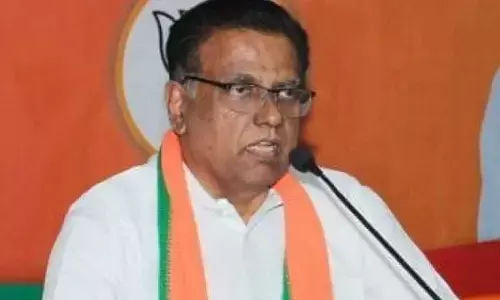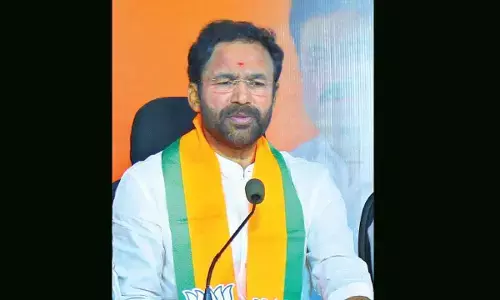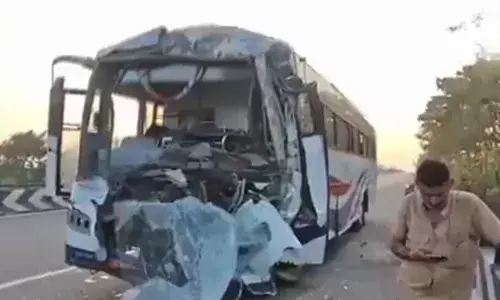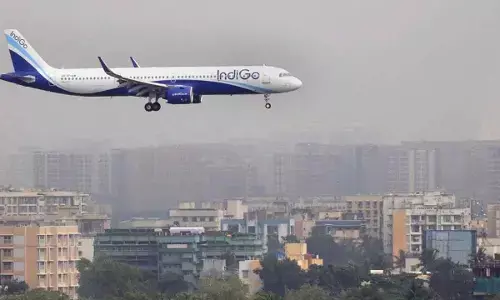Telemedicine: A game changer in providing medical help
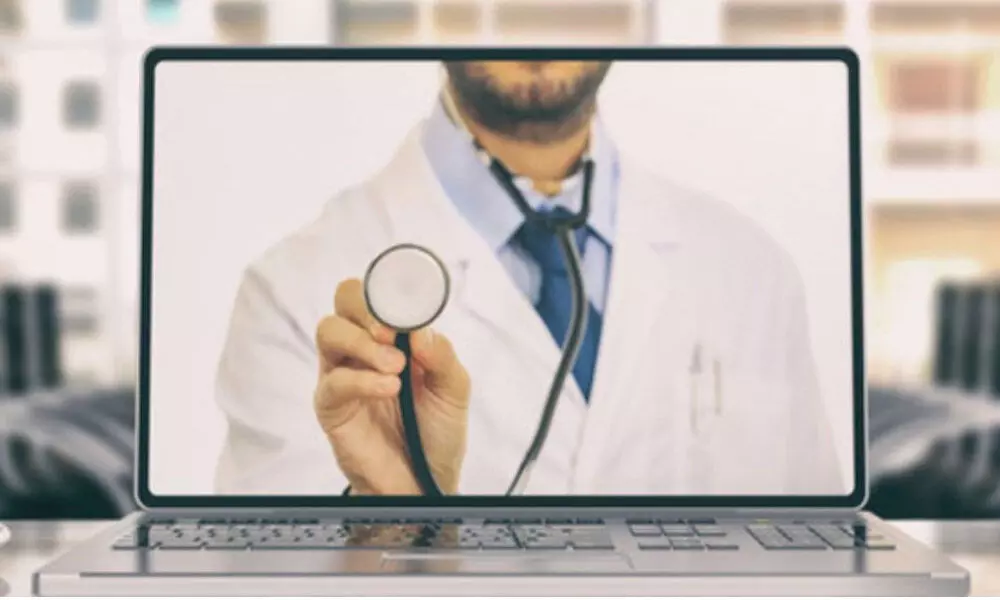 Representational picture
Representational pictureDisasters and pandemics pose unique challenges to providing health care
Disasters and pandemics pose unique challenges to providing health care. And, with the country 'locked down' the civic society faces dual difficulties of lack of access to healthcare in the face of a hitherto unknown foe like Coronavirus. With this in view, the Board of Governors (In supersession of the Medical Council of India) framed the Telemedicine Guidelines. Its sole purpose is to enable Registered Medical Practitioners to provide health care by using telemedicine.
On March 25, the guidelines were formally released as 'Appendix 5 of the Indian Medical Council (Professional Conduct, Etiquette and Ethics Regulation, 2002). The guidelines were prepared in partnership with NITI Aayog.
Telemedicine is defined as the delivery of health care services, where distance is a critical factor, by all health care professionals using information and communication technologies for the exchange of valid information for diagnosis, treatment and prevention of disease and injuries, research and evaluation, and for the continuing education of health care providers, all in the interests of advancing the health of individuals and communities. Tele health is defined as the delivery and facilitation of health and health-related services including medical care, provider and patient education, health information services, and self-care via telecommunications and digital communication technologies.
The State of Andhra Pradesh was quick to grab the opportunity to serve its people. Its aims were two-fold: To ensure uninterrupted medical consultation to every single patient along with provision of home delivery of drugs for all common ailments and to pick up any patient with symptoms that might be indicative of Coronavirus infection and quickly get help to the doorstep of the patient. The task was handed to the Dr YSR Arogyasri Trust. It quickly instituted an online application, enrolled all willing specialists already enrolled on the Arogyasri schemes, trained them online and deployed them on three shifts in a day, from 8 am to 6 pm.
Modus operandi: The field executives of Arogyasri visit the houses of all people in their prescribed precinct. They enquire regarding any symptoms or complaints from any family member. They then enroll such people onto a web-based telemedicine programme. Patients are also roughly triaged to the relevant specialty. As soon as doctors from across the state login, the patients' names, specialty popup on the screen. We can read the complaints of the patient and dial out through a web server. The doctor and patient can engage in consultation, arrive at a diagnosis and prescription. The consultation is closed and the electronic prescription is delivered to the local area ASHA worker, who picks up the drugs from the local government pharmacy and delivers it home to the patient.
The success of this telemedicine programme of Andhra Pradesh is immeasurable: It not only brought succour to distressed patients with various ailments literally into the households, but identified how efficiently suspicious Covid-19 patients can be identified, screened and cared for.
Indeed, it is perhaps a forerunner of how health can now be brought to the doorstep with precision, certainty and least expense, for several chronic, lifestyle disorders like diabetes, hypertension, stroke, renal failure, rheumatic disorders, seizures, psychiatric disorder, etc., that do not need more than two to three visits to a specialist or hospital in a year. The scheme is scalable and implementable to the ultimate ease and satisfaction of every patient: healthcare is now just a phone call away!
(The author is the founder Director of Homi Bhabha Cancer Hospital & Research Centre, Visakhapatnam)


